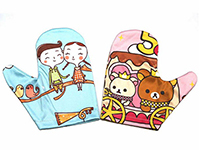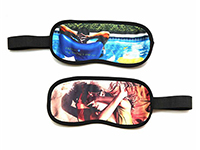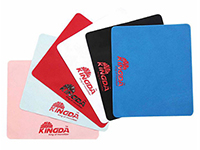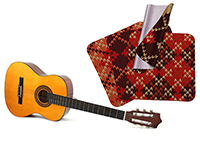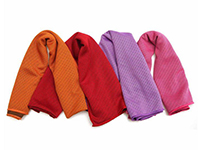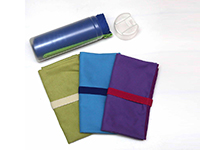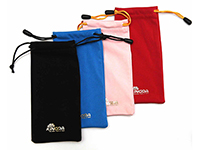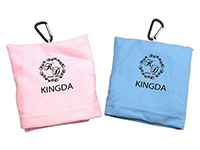- Home
- Microfiber Fabric
- What is Microfiber
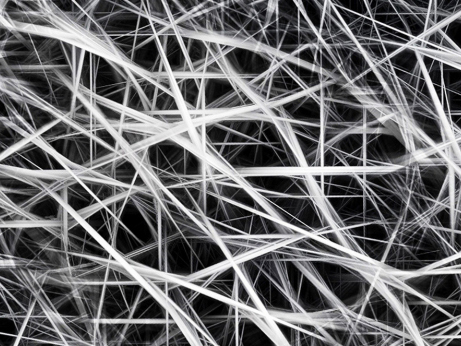
The earliest textile fibers used by people were natural fibers - cotton, hemp, wool, silk, among which, silk is one of the best wearing fibers and its linear density is about 1.0dtex. The originally developed chemical fibers could only reach a linear density of 5-6dtex and failed to provide the wearable comfort or beautiful appearance of silk. With the development of the synthetic fiber industry and increased demands for synthetic fabric properties, the industry made breakthroughs in imitating natural fibers in the 1970’s. However, simply imitating the natural fibers proved insufficient. In the 1980’s microfiber was finally developed and it offered better performance at a lower cost compared to natural fibers. The so-called “new synthetic fabric” is a new fiber material based on microfiber and it features a diameter of about 5 microns or less.
Since microfiber is very fine, only a single fiber is easy to be broken while producing and hard to be made into fabric. Thus, we process microfiber like this:
- First combine the acid-resistant but not alkali-resistant polyester with the alkali-resistant but not acid-resistant nylon to form a quantity of composite filaments;
- Treat these filaments with sodium hydroxide. Because of the totally opposite properties for acid and alkali of nylon and polyester, the polyester will be dissolved while the nylon will not, which will cause a wedge-shaped gap at the contact of two fibers.
Finally, the filament will be divided into 16 monofilaments, the fineness of which can reach 0.168tex and become the microfiber we are all familiar with.
The earliest textile fibers used by people were natural fibers - cotton, hemp, wool, silk, among which, silk is one of the best wearing fibers and its linear density is about 1.0dtex. The originally developed chemical fibers could only reach a linear density of 5-6dtex and failed to provide the wearable comfort or beautiful appearance of silk.
Read More- Good Cleaning Effect
- Strong Water-absorbing
- Quick drying
- Soft and Comfortable
- Easy Cleaning
- Long Service Life
In order to confirm the quality of microfiber products, Kingda only purchases AA grade raw silk from the listed company Shenghong Fiber to ensure the finished products’ quality after dyeing and finishing at the source.
We always use the quality raw materials, and are equipped with complete equipment sets such as circular loom machine, dyeing machine, stenter machine and textile finishing machine to achieve the quality standards.
Read MoreKingda was established in 2004, with a factory area of 5000 m² and more than 80 staffs nowadays. Kingda produces 10 million sports towels, eyeglasses cleaning cloth and other products, and 1 million packing bags.

